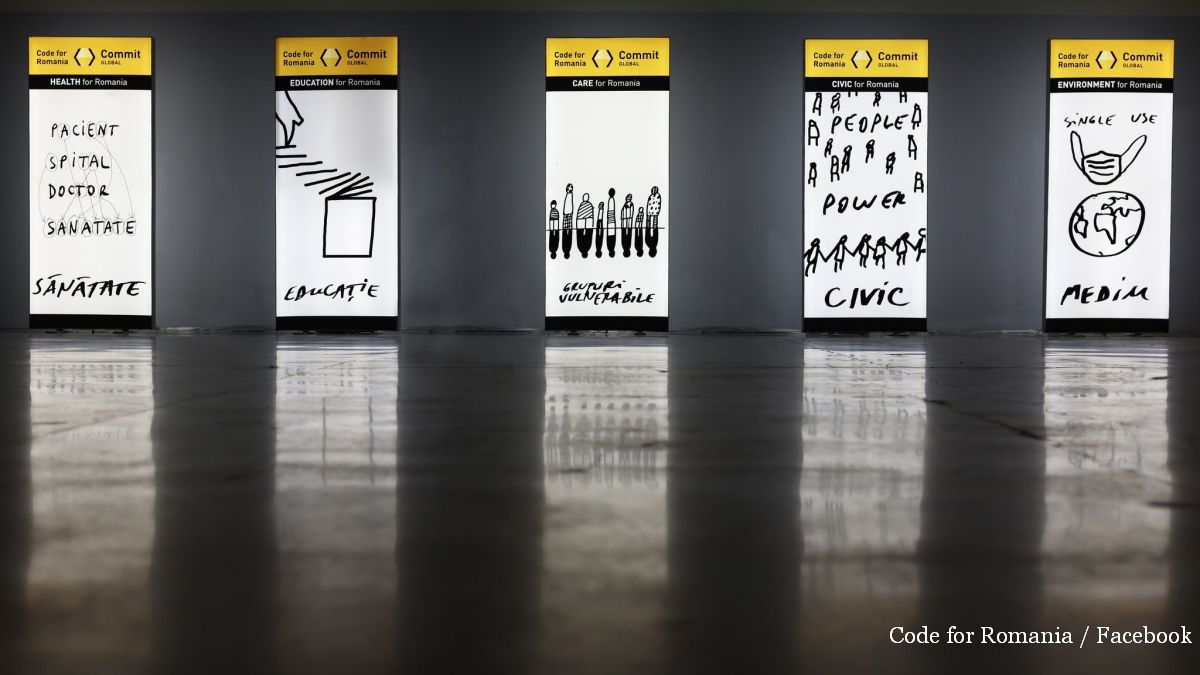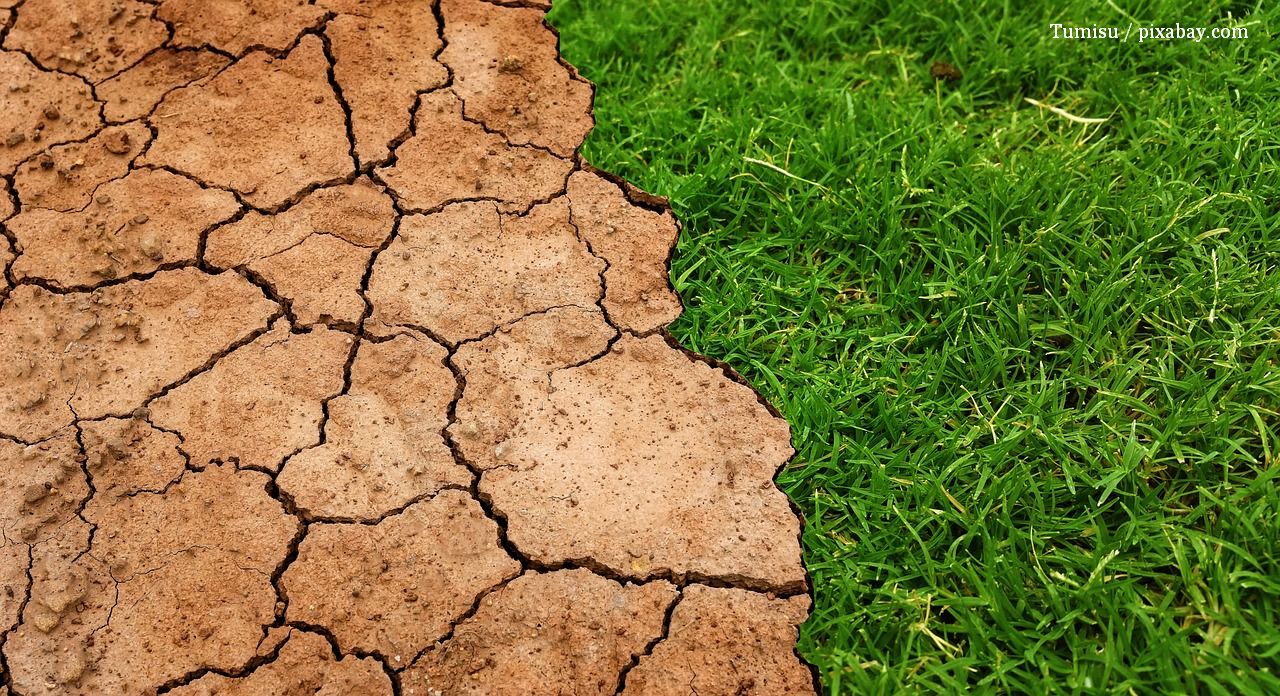What will the post-Merkel era look like?
After more than 16 years in power, Angela Merkel steps down and leaves the stage to Olaf Scholz

Corina Cristea, 17.12.2021, 12:21
After more than 16 years in power, the Christian-Democrat Angela Merkel stepped down, and her party joined the opposition. A new chapter is now opening in the German and European politics, with the Social-Democrat Olaf Scholz as chancellor. He is Germany’s 9th post-war chancellor, and his cabinet has been formed by an unprecedented coalition of Social Democrats, Greens and Liberals. What unites them, they say, is the determination to modernize Germany while maintaining the country’s stability. World leaders have welcomed the appointment of Scholz, a former finance minister and Angela Merkel’s vice-chancellor, who promised a new beginning, and expressed hope that his term would ensure a closer cooperation and in some cases more transparency.
What will be the biggest challenge for Olaf Scholz? There are two, says university professor Dan Dungaciu, director of the Institute of Political Science and International Relations of the Romanian Academy.
The first is to keep all three balls in the air at the same time – a three-party coalition that has not practiced much in Germany. Sure, Germany should be able to do it, as we see it, but the task will not be easy at all. The second issue is to keep the promise he made, focusing on the idea of more of a Europe, a federal Europe even as it may be. That is going to be an extremely difficult bet, because this is a matter of playing with fire, as they say. This project can carry on, but an adverse reaction is also possible, from the EU member countries, which might render the European project less functional than it is at the starting point of the federalization project. This area is very delicate, the matter started before the statement of the current chancellor, because he is the one who worked intensely with president Macron and with France in 2020, when the Resilience and Recovery Plan was put on the table, translating into massive financial aid provided by Europe to its states, which is after all a step towards an undeclared federalization of Europe, its Hamiltonian moment we might say. This moment was identified as the moment of that recovery and resilience plan, approached by the current chancellor when he was still the finance minister. Therefore, his relation with France and president Macron is fundamental. We will have a Germany-France relationship that will be driven not just by the traditional partnership for Europe, but by the partnership for federal Europe.
What are the main points on the agenda of the so-called traffic light coalition? Anneli Ute Gabanyi, a political scientist, has explained on Radio Romania that that this coalition is trying to project the image of a new government, which, on the one hand, represents progress, that is, a kind of departure from a state that it is described by political inactivity, under Mrs Merkel, but on the other hand, the partners in this three-party coalition – a novelty in Germany – still promise possible changes in policy.
The Green component is the one that intends to change a lot in the Germans’ way of living and are counting a lot on the youth, who might be quite happy about certain changes, in particular the legalisation of hashish or the right to vote at 16. On the other hand, those who want continuity are more in into the liberal, bourgeois component, which promises some consistency with regard to, say, the financial policy. But the Social-Democratic party made some promises that probably led to how most people voted, namely a minimum pay of 12 Euro per hour and certain facilities for those who get welfare.
The main ideas of the coalition’s governing program include supporting a deeper European integration and promoting a Sovereign Europe, applying the new mechanism by means of which the European Commission can suspend the funding of those countries that break the rule of law, relaxing the rules regarding migrants’ naturalisation, focus on environmental measures aimed at fighting climate change, balancing public finances as of 2023, adopting a self-determination law that would help gender change for the LGBT persons and also more drastically combatting gender discrimination and violence.
The new German chancellor took the European stage through the talks in Paris and Brussels. According to a long post-war tradition, he visited France for a meeting with president Macron, meant to convey the message that Europe’s French-German engine is still strong now that the Merkel era has come to an end.
Another important message sent by the new chancellor is about the situation on the border with Ukraine. Olaf Scholz has warned already that there will be consequences with regard to the functioning of the Nord Stream 2 gas pipeline that connects Russia to Germany if Ukraine is invaded by Russian troops. (MI)






























